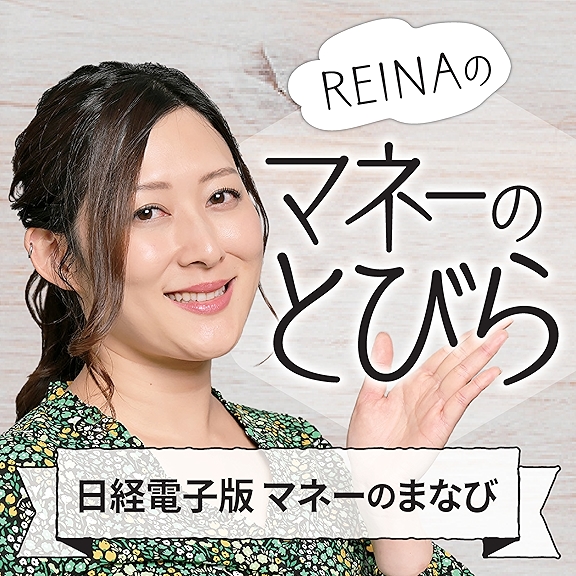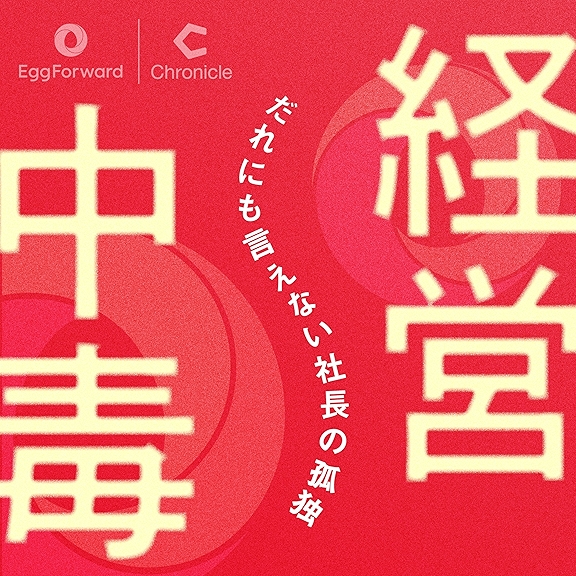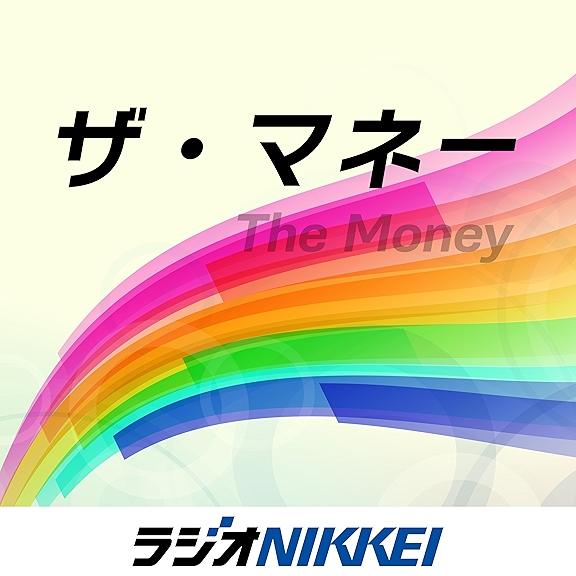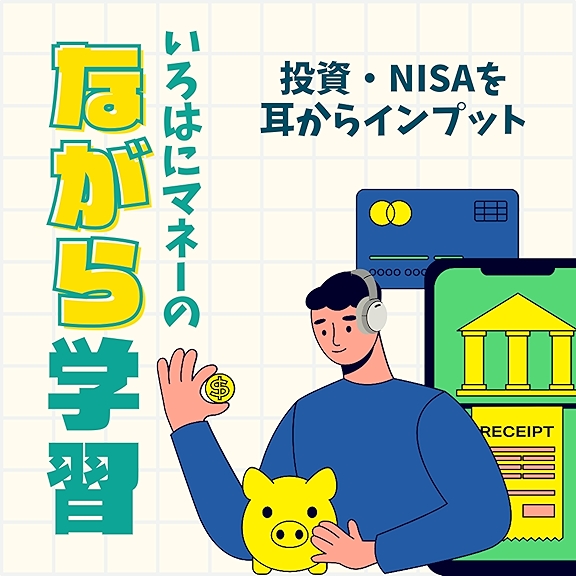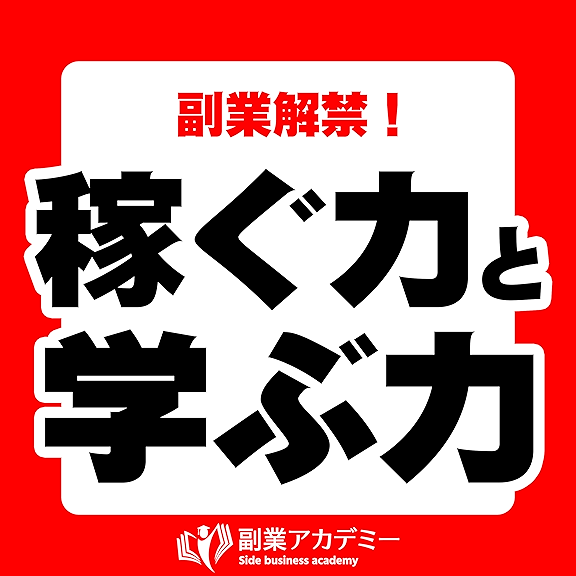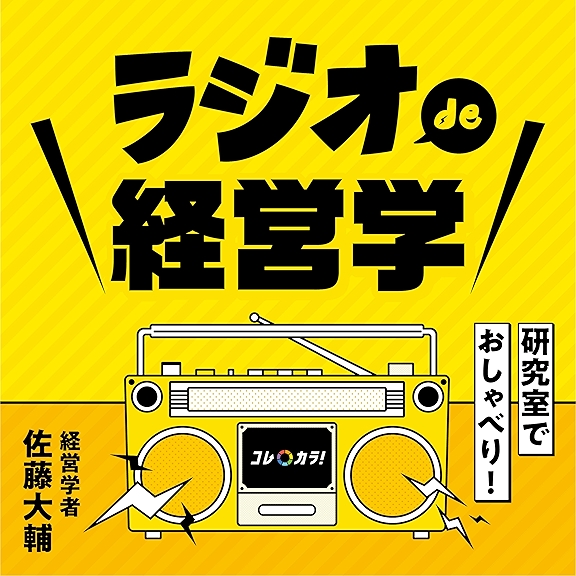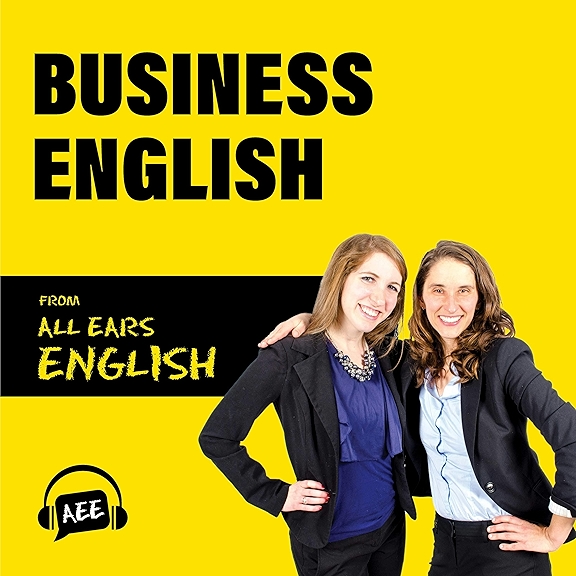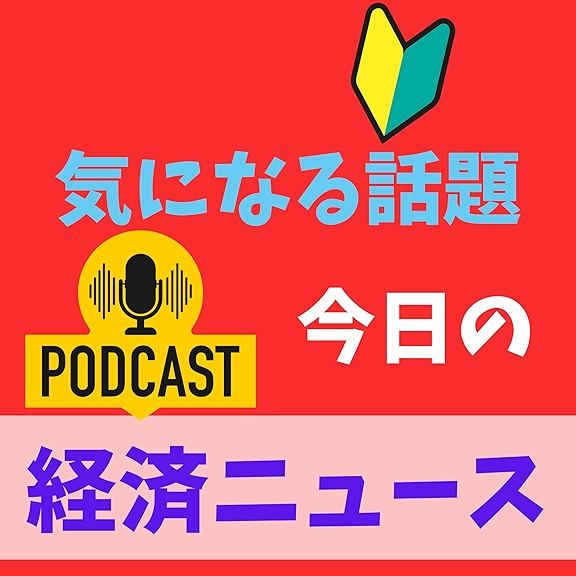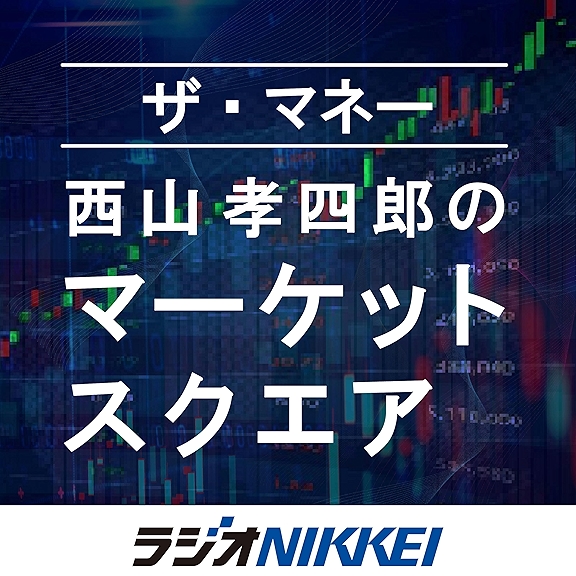
Quit Pitching Your Prospects, Try Story Telling To Get Your Message Across
Quit Pitching Your Prospects, Try Story Telling To Get Your Message Across Featuring Ted Janusz
Are you still using old sales pitches? Give them all the facts and figures and then squeeze them for the close? Try storytelling as an alternative. Develop a story that involves their problem and then how you solved it. This should be based on past experiences you have had with other clients. This will put them at ease and work magic.
About Ted
Ted Janusz is a Certified Speaking Professional and a Certified Virtual Presenter. He has facilitated over 1,100 workshops (over 6,500 total hours) in 49 of the 50 United States (lone exception: Wyoming), in Canada, Australia, Mexico and Puerto Rico. Janusz’s work has appeared on BusinessWeek.com, MSNBC.com, and has been invited to appear on the Fox News Channel. He is a member of the National Speakers Association and earned his MBA in marketing from the University of Pittsburgh
www.januspresentations.com
www.thebusinessofbusinesspodcast.com
Full Transcript Below
Quit Pitching Your Prospects, Try Story Telling To Get Your Message Across Featuring Ted Janusz
Wed, 7/28 7:07PM • 52:37
SUMMARY KEYWORDS
book, people, roi, roy, postcards, write, fact, speaker, day, client, videos, speaking, image, presentation, linkedin, marketing, talk, kindle direct publishing, story, called
SPEAKERS
Ted, Roy Barker
Roy Barker 00:05
Hello, and welcome to another episode of The Business of Business Podcast. I'm your host Roy. Of course, we are the podcast that brings you a wide variety of guests that speak to a diverse set of topics. Hopefully, we can point some things out that maybe you haven't thought about or haven't been on your radar. Or if they're things that are keeping you up at night, we can actually provide some solutions and some professionals that can help you. With that. No, we just want to see everybody be successful. And today we have awesome guests. We've been waiting to get on Ted Janusz is a certified speaking professional, and a certified virtual presenter. He has facilitated over 1100 workshops, which is over 6500 total hours in 49 of the 50 states, with the lone exception being Wyoming across Canada, from Halifax, to Vancouver, and in Australia, Mexico and Puerto Rico. His work has appeared on BusinessWeek.com, mMSNBC.com. And he has been invited to appear on the Fox News channel. He is a member of the National Speakers Association and earned an MBA in Marketing from the University of Pittsburgh. He's also the author of Superpower Marketing and Branding, No Cost To Low Cost Resources To Propel Your Business. Ted, thanks for taking time out of your day to be with us.
Ted 01:29
It's a pleasure to be here, Roy.
Roy Barker 01:32
So tell us a little bit about how you got here. I mean, is speaking been something that you've done, you know, since your early days, and that's just kind of the path you've always been on? Or is it kind of been that long and winding road like a lot of us have had?
Ted 01:47
Well, it's definitely been a long and winding road, right. But I actually started the day before 911. I didn't know it was the day before 911 until the next day. I started speaking when I still had a full time job. And then I enjoyed training so much in that corporate environment. I went out on my own. And you know, you just told about the results. But yeah, it was a long and winding road. I wish I would have started many years ago. But my wife said and all of us can take hard on this. You weren't ready. Yeah. You weren't ready yet. So
Roy Barker 02:22
that's a hard lesson. I'm still trying Yes. On some things is like Yes, in due time with your reading. But we all want it yesterday. Yes. So yeah. And speaking is I think a lot of people may not realize that speaking can also be a great form of marketing. Excellent. Yes, we used to, you know, utilize that at professional trade shows, kind of you get to be the speaker presenter at one of the little breakout sessions, talk about your, your discipline. And you know, it's not, again, I'm gonna ask, I'll ask that as a question. Not really supposed to make it a commercial are more of a sales pitch, but you present your information about what you do, or what you know. And then of course, people are interested after Listen, tell us a little bit about how that works. Sure.
Ted 03:15
Well, during the recession, during the housing crisis, I had to give up what I love to do and get a real job. So what I was doing was I was selling training for community college, and I was smiling and dialing and that just wasn't working well ROI. So what I decided to do was something totally different. I made up these postcards, and I sent the local businesses and said, Hey, let us come in for lunch, we'll provide a meal for your employees. And we'll give a little educational session all free of charge, you know, just just invite us in. So the very first one I went out on, we gave a half hour presentation on time refuses to be managed how to manage yourself instead. Well, unbeknownst to me, there was the CEO of the corporation sitting in the audience now. What would have been the chances ROI of me connecting with the CEO if I made a cold call?
Roy Barker 04:05
Yeah, problems, the 00. But
Ted 04:08
because, yeah, she was in this environment where she didn't feel threatened. You know, in fact, if we didn't know she was the CEO, after the presentation, she came up to us and said, you know, you were talking about some things I think we need some help with. Could you assist us? And we got a $50,000 contract out of that first lunch handler. So yes, I agree. Because people are looking for not speakers, for instance, they're looking for experts, right? People who know things, you know, they want to get information. And that's a that's a very good no cost or low cost way to get in to see potential clients.
Roy Barker 04:46
Yeah, and I like that because of that education factor. Right. Like you said, my you know, one of my biggest marketing techniques even with the mail and newsletters is to provide information not always be just Are you ready? by you. But, you know, one of the things I do is like, you know, if I find a good article somewhere, you can put little tidbits of that in an email to say, Hey, I thought you may be interested. But I think, number one, we take the time to educate, we're giving something to our audience in our company. But we're also it's a form for us to present that we really are expert, we really do have this information that's valuable to you.
Ted 05:28
Oh, I agree totally. As matter of fact, before coming on this podcast, what I did was I had an article printed in an association publication, and I ran off copies. And I sent it out to other associations. And all I had on their ROI was a post it note that said, Could this information be valuable to your members, right. And then on the very last page, I had information about my breakout session at the conference. But I didn't say hire me, I'm a great speaker. Here's some information for In fact, we teach that with newsletters. So many of those email newsletters are just veiled product pitches with maybe a 10% discount. That's not what people want to have a successful e newsletter, solve your buyers problems once a month, make it be about them, or, for instance, a success story, you know, some clients you helped, in fact, the formula I would suggest, is talk about the problem. And you tell a story about the problem. Because your potential client could see themselves in that story. You don't Pitch Anything, you don't try and sell anything. You just say hey, you know, Roy had this issue. And and maybe you're experiencing something similar. Let me tell you about what was going on with Roy. Then you talk about how you solve the problem. And then at the very end, have the client come in and talk about how well ROI serve me in his own words. Because they're going to believe that that client far more than your own marketing puffery or a salesperson? So yes, like you were saying, we're always looking at ways to solve people's problems, be a problem solver, or if you're a speaker, be an expert who speaks?
Roy Barker 07:12
Yeah, and I think you hit probably three or four topics of, you know, some podcasts that I've done in the past. First off, education. You know, to me, again, that's my personal choice for the best thing of marketing, storytelling. It's always good to, you know, have the story. The problem solution is awesome. And then the well, the other person coming in that you work for coming in to substantiate not only substantiate the story that you just told, but I think people are prospects would much rather hear that. Roy is great from Ted, tell us why is great, more credibility, right step number, because it's easy for me to tell everybody how great I am. And I'm okay leaves me, you know, right next to you believe me. But you know, there's just so much more validity to it when we actually have that client step up. So yeah, I love the way that this ties everything together. And another key point us, I think, that really encapsulates all that is make it about that process Exactly. out there,
Ted 08:24
the protagonist. In fact, that's the reason you tell stories. It's not so people can learn about TED or Roy, it's so they see themselves in your story. It's like when I give presentations, I talk about my wife and my kids. Not so you get to know about my wife and kids. But so you see your spouse or your children.
Roy Barker 08:41
Right, right. Yeah. Yeah, tell us a little bit about that. Because I think that's important, we have to, we have to make that story relatable, like you just said, kind of where they can see a portion of them in the story, or at least the story, the problem of the story is something that I'm experiencing, but we can't make it too long to draw, and we can't make it to get rid of the fluff, get rid of the details,
Ted 09:10
because their only concern, but everybody listens to the same radio station, right? And it's called letters or wi I FM. What's in it for me, anytime you give a presentation, you have to think as you do about the listener, the viewer, because they're sitting there thinking so what, who cares? What's in it for me?
Roy Barker 09:30
Right? Yeah, and the sooner we get to that exactly, the better off that we are. And yeah, and and the the other thing is not making it overly complex with I mean, we may want to have some data that we can throw out but it should be easily understood and not like, you know, if you multiply you know, 1000 times four and a half and then you divide it and then you square root that and then do the you know it just Because after about the second or third number, a lot of people aren't that numbers oriented. And you know, you can basically see their eyes roll back up in their head. Exactly.
Ted 10:11
Yeah. In fact, I'd like to talk about a book, not my book. But I don't know, Roy, if you've ever read the book Made to Stick by Chip and Dan Heath, you'd know it because it has an orange cover and duct tape on it made the stick? I've actually got it on my show. Okay, well, let me let me give you the Reader's Digest version of the book. They studied marketing campaigns to find out which ones stuck, which ones were most successful. And they boiled it down to six factors, which is the word success without the last s. So the first test is just when you were talking about ROI, you have to make it simple. Don't talk about 10 things. Talk about one thing in detail. Now, the U stands for unexpected. Why do we laugh at jokes, because the story is going like this and all of a sudden the punch line goes off to the side. Now, if you're selling industrial screws, this could be a challenge. But if you take a look at the YouTube videos that have been most popular, they all do something unexpected. Like one of my favorite business, YouTube videos that went viral was Dollar Shave Club. If you ever seen that video,
Roy Barker 11:21
I don't get so.
Ted 11:22
Okay. That's your homework assignment, right? The reason the reason I mentioned it is because the gentleman who produced that video, he ultimately sold his company, which he created off of one YouTube video to Unilever for $1 billion be with because all he All he does is sell razors. Okay, but it doesn't look like a Gillette commercial. Let me just leave it at that, though. The whole thing is unexpected. You have to keep watching, like what the heck's he going to do next? The C stands for concrete, you have to make it very easy for people to grasp the idea. The next C is credible. Why should I listen to you? Why are you the authority? In fact, we'll be talking about books. If you write a book, you are the trusted member of the community. And we'll talk about how easy that is. The next letter is E. emotion. ROI. People spend billions of dollars each year in a normal year going to sporting events going to movies, nobody's ever spent a dime to see a PowerPoint presentation. And what's the difference? People want to get emotionally involved, they want to laugh, they want to scream, they want to boo, they want to yell even pay hundreds of dollars to cry to see their football team lose. All right. So they want to get emotionally involved. And the last letter we just talked about s for story. Dale Carnegie said a good 30 minute presentation is 15 two minute stories woven together, they won't remember like you said the data and the statistics and the facts and the charts. But they will remember a story especially if it's emotional. Right. So take a look at your presentations. Take a look at your marketing campaigns. And do they have success meaning simple, unexpected? credible, concrete and an emotional story?
Roy Barker 13:20
That's awesome. Yeah, I'm gonna have to pull that book off the
Ted 13:24
may just stick by Chip and Dan Heath are brothers. One's a professor at Duke the other one a professor at Stanford. So pretty smart,
Roy Barker 13:31
guys. Okay. So, um, do you use props? Or do you use a deck when you use when you present? Do you use something or just mainly just speaking?
Ted 13:43
I do use PowerPoint. And there's been some discussion among speakers whether you need to have a PowerPoint deck. And I say you don't have to, but then you have to be visually interesting. Yeah. You know, because, as you know, there's three types of learners. There's the visual learner, there is the auditory learner. And then there was the kinesthetic learner, the person who learns by doing. So if you if you, you never know who you're going to have in your audience. So if you have a visual learner, and all you're doing is auditory, you're just speaking, they're tuning you out. So you have to make sure you have something for everybody. And by PowerPoint, we don't mean tons of bullet points. We mean visuals, visuals that will reinforce your story. It's like I've heard speakers say I'm not funny. We have a saying in the National Speakers Association. Do you have to be funny as a speaker? And the answer is no. Only if you want to get paid. Okay, so you can put up a funny image. It doesn't have to all be on you. But make sure that the PowerPoint is reinforcing you. It isn't the presentation. You're the presentation. That's your prop.
Roy Barker 14:56
Yeah. Well, awesome. And so I guess Out of all this, you decided to write the book, the superpower marketing branding professional for with the no cost and low cost resources to propel your business, which I assume is gonna help us with this presentation.
Ted 15:16
Yeah, in fact, that's what I did. I didn't really write the book. Because I didn't know Roy, if you tried to write a book, yeah, yes. Okay. Yeah. How tough that is. You know, you get out your piece of paper, you get the pen and you write a sentence, and then you start correcting it. Ernest Hemingway same age Moksha. Exactly. Exactly. And in fact, Ernest Hemingway, the famous author said, right, drunk, edit sober. Well, you know, maybe he didn't mean that exactly. But you know, I'm saying. So the way I got my book was I happen to give a presentation, an hour long presentation to a chapter. And they put on social media, how wonderful was, so one of the members sent me the video of my presentation. I uploaded to a site called Rev. Are you familiar with rev?
Roy Barker 16:03
Yes, I used to use them. Yes, yeah.
Ted 16:04
R e v.com. You upload it to that site? For $1 a minute. They'll transcribe what you said. And in a few hours, you'd get it back. Now, obviously, you write differently than you speak. Okay. But it was a huge 80% of the work was done right there. Right. Right. You know, because I love to edit, I hate to write, you know, so it was easy. I had 11,000 Word document already done. I just had to go in and, you know, clean it up. And so that would be a recommendation I'd have for speakers and trainers just have somebody, either audio or video, record yourself, upload it to a site called Rev. RTV. Calm, and then within just a few hours, you'll have most of the book right there.
Roy Barker 16:45
Yeah, well, that's good advice. And I never really thought about that. But it is much easier for a lot of us to speak and you know, the, if you're not a good typing guru that you know, we can spend, I spend more time correcting spelling, spelling errors, and I do actually get words on a piece of paper. Well, I
Ted 17:04
like what you said the paper just sits there in mocks Oh my god, it's like I am blank. put something on me.
Roy Barker 17:10
Well, even like Ratan blogs, even if you're only trying to get you know, 800,000 1200 words, it's like, well, I've got this awesome idea. You sit down, you know, crack the knuckles, get your dream, you know, all set up. And it's like, you get maybe two sentences out. It's like, we're just going no way. Somebody. Yes, yeah. That's a non rider rider. I guess it happens to real riders. But yes, non rider riders is an affliction for Yes, I agree. But you know, and you mentioned this earlier, is that having a book, even if you know, and I think one mistake that I make a lot of times is, you know, we think about these 200 250 word books. Oh, you know, and it, it really doesn't have to be that way. It just needs to be something that makes good sense for whatever you're doing, that you can put in somebody's hand. And it Yes, really has a huge effect on people. Definitely.
Ted 18:08
Yes. I don't know if you're familiar with a survey study that Microsoft did. Roy, they said the average attention span of American adult is now less than that of a goldfish. Yes, yeah. goldfish is apparently can focus for nine seconds, the average adult eight seconds. I don't know how you measure the attention span of goldfish, but Microsoft's pretty smart. So like you said, keep it short, right? No, I don't know about you ROI. But if I'm interested in something, I don't want to go to Amazon and find a 300 page book about it. Just give me the top 10 tips, the eight keys, the five secrets that you're not. I want it right now. I just don't have the time. I don't have the energy. I don't have the attention span to labor over something like that.
Roy Barker 18:52
Yeah. And, you know, one thing I've looked at two is just making multiple modules. You know, you can have one, you know, 50 pager that talks about one part and just break that up. Because I think it goes with our attention span again, that somebody is more apt to sit down and breeze through 50 you know, again, I wish that have been this is you know, when we have regrets from our childhood, and my mother, I know that she'll be glad to hear me say that wish I had finally. Yeah, finally, I'm admitting it. I wish I had more books. Because, you know, it's a it's a, I guess it's like, training for to run a marathon, the more you because like now, I love to read but I'll lay down and read two pages and, you know, fall asleep if they're so rusty like me, you know, I can like get through the 50 100 pages pretty quick. But you know, once like you said, if it's too daunting, it just sets on the nightstand.
Ted 19:49
And here's another key ROI. You have to be a good date for the reader. What does this mean? If you're not enjoy writing it if it doesn't flow, the reader isn't going to enjoy reading it. And they probably aren't, you know, it's too laborious on their end. Like you said, you're gonna fall right asleep. So you got to be having fun so that they can have fun. Yeah. And here's another thing, just start someplace doesn't have to be at the beginning, start in the middle, you know, because of course with Microsoft Word, you can move things around, just get started.
Roy Barker 20:17
Yeah, yeah, that's a good tip for a lot of things is just get started that momentum you'll be, you'll be amazed at what just that first step, how easy it is for the second third step to come after that. So once we get it, you know, through Reb understand that process, we get it back. And it's usually in either, you know, like a Word document, we'd write some more edits, but how do we actually get that to be an E book?
Ted 20:45
Oh, I'm glad you asked Roy. Yeah, well, unlike when I wrote my first book, I mean, back then it was just a real tedious process, you know. But now there is a free resource, because that's what we're talking about free reuse of resources. Take that word document that you've added, you know, after rev give you the file back, you got the Word document, you edit it, and you upload it to a site called Kindle Direct Publishing. Kindle Direct Publishing is part of Amazon. And they'll make it look rather than a Word document, they'll make it look like a book. And it's totally free. Now, the only thing you're missing. And one thing you're missing in that process is what right?
Roy Barker 21:22
I don't know. I don't know enough to even know what we're missing. The cover. Oh, cover. Okay. All right.
Ted 21:28
So this is the only cost. All right. Get yourself cover. Now, are you familiar with the site Fiverr, Roy, f fi ve RR com, you know, where there's, there's fantastically talented artists, but they primarily live in and we used to be able to say third world, it's now called developing countries where maybe they can live on $5 a day. So it doesn't mean they're not professional. It doesn't mean they're not creative doesn't mean that they're not courteous. It doesn't mean they're talented. It's just, you know, they have a different economy. Right. So now the site is hit or miss. Alright, so always go with a recommendation. But one of my favorite artists is the guy who creates my ebook covers. So for instance, let me show you my book here. I do not think this looks like a self published book. Not Not at all, what one of my biggest pet peeves with Self Publishers is their books like that look like they're self published. We judge a book by its cover. So make, you know, make it look professional. But he put together the cover for my ebook for just $5. Wow. Yeah, yeah. And let me just if I could just tell quick story.
Roy Barker 22:39
Yeah, sure.
Ted 22:40
part of the process is he asks you to choose an image. So he gives you a library and you go through and you choose images, and you get to choose five. And I kind of thought he would use this one. But he, of course, is a graphic artist, I am not. Instead, he chose this one, which is far better than the cartoony type image that I came up with. And again, you know, $5 Oh, so let me give you his name, his ebook cover, underscore
Roy Barker 23:09
expert,
Ted 23:10
ebook cover underscore x p, e. r. So you can go to Fiverr fi ve RR com, look them up and see some of the great work he's done.
Roy Barker 23:20
Yeah, and I've had some logo work done over there. And it's it, it's a surprisingly good experience for the amount of money that you pay, you know, there, it's not just a one time exchange, you know, like the people I work with, there is a back and forth and them actually trying too hard to get what you want, you know, the representation that you want. So, like you said, you just need to be careful to go with somebody that's got this right. negations because, you know, it's with the feedback in that civically feedback means a whole lot. And there's no feedback. Sometimes. That's right. There's a reason.
Ted 24:02
Yeah, so at this point, you have the E book. Now, some people of course, like the paperback book, that's something that could actually hold. So you can actually use Kindle Direct Publishing to create a book. So they're on Amazon, for the millions of people use Amazon and we're looking for a topic that have a choice. Either they could download your ebook, you know, use their Kindle reader, or they could order a paperback. And the nice thing there is when I wrote my first book, right, in order to get a decent price on the book, I had to order 2000 copies, you know, a 2000 copies of the book look like? Yes, it came on a pallet.
Roy Barker 24:42
Yes. Yeah, I
Ted 24:42
had to store them in my basement, attic and garage, my neighbor's basement, attic and garage. They got moldy. Alright, you don't have to do that anymore. With Kindle Direct Publishing, you print on demand. So you know, let's say you were going to give a presentation. You could sell you could order and sell 25 copies back of the room. And what I like about it is, you could probably, for this book, I could order author copies for $2.15. I mean, that's less than a price book greeting card. Exactly. Yeah. So you can order author copies, use those as market, what I do is I use this as marketing material, because like you said, It educates. It's not selling anything. I'm trying to show myself as the trusted expert.
Roy Barker 25:25
And, and hold that back up. Again. The other thing that is even if people don't read it, it's a huge business card. I mean, it just tells your story is got your name. And even if it's laying around on somebody's coffee table, it's still a presence in front of people, which That's awesome.
Ted 25:43
I remember the first, when I wrote my first book, I was giving a presentation on my books there. And the lady bought a copy. And she looked at me with all because apparently she'd never met a published author before. She said, will you sign my book? Oh, yeah, there's, we, well, you kind of have to organize your thoughts, you know, you've you've gone through the process. And so therefore, you have this this aura of credibility. But someone else who has all the information in their head, but doesn't have a tangible, doesn't have tangible proof. This can make all the difference. And like I said, doesn't matter what, you know, you're a plumber, you could write a book about how to fix your drains or whatever, put it in a book, it's going to cost you $5. And you could give this out to potential clients, whatever your expertise is, set yourself apart. I know you talk about employee retention. And that's a huge issue right now, of course, as you know, but I think the second biggest issue for small businesses is how do you set yourself apart from all your competitors? an E book is a book is a great way to do it.
Roy Barker 26:52
Yeah, we talk a lot about just the noise level out there now as you have to do, you know, back in the day, if you had a website that was now it's like, everybody's got one and everybody right, this level. So we've got to take that next step. Which basically, you know, the other cool thing about this is, you know, kind of taking a step back, is, you know, once you get your rev copy edited before you submit it. What a lot of great social media posts. Oh, yeah. Found up right there. Take the chunks. Yeah.
Ted 27:29
In fact, I don't mean to interrupt you, right. Try not to do that. I just get so excited about talking about this. But it's very key to chunk your information, chunk your information. So what I usually do my classes, I asked somebody to write down a random nine digit number, any nine numbers of doom as low as long as they're not sequential. So after they do that, I'll say, Roy, if I were to see you next week, first of all, thank you for allowing me to be on your podcast. And then ask you could you recall that nine digit number? Do you think you could?
Roy Barker 27:59
Probably, oh, you could, I couldn't. But you could say I can you remember what I have for lunch?
Ted 28:07
Well, I'm going to give you a little trick, a little tip, right? After the third digit and the fifth digit. So after the third number in the fifth number, put in a dash, put in a hyphen after the third number in the fifth number of now, if you can visualize that. What does that look like in your mind's eye? No.
Roy Barker 28:23
I was saying like Social Security now.
Ted 28:26
We've gone from nine pieces of information down to just three, we've chunked the information. See, a confused mind never learns a confused mind never buys. That's why for instance, there are the Seven Habits of Highly Effective People that some of the Habits of Highly Effective People, in fact, you know, I just used that on you a little while ago, by talking about that principle from May to stick. It was an acronym, they chunk the information. So it's spelled su cc e. s, that's how I'm able to remember it. If I didn't have that acronym, I couldn't tell you, you know, but when we chunk the information, it makes it really easy for people to remember.
Roy Barker 29:04
Yeah. Yeah. And you know, we work. Sometimes it's like that, you know, the blank page mark in us that we talked about earlier. It's like, Okay, well, we want to sit down and schedule some social media out. And it kills me because I know people, you know, or bloggers or good writers, they're like, Ha, just, I don't know what I'm gonna put out. And I'm like, Oh, my gosh, you got three pages of information, you know, you just pull from it. Right? You're able to do the same thing. Like you said, chocolate, but you're still educating your engine to yourself. So I mean, that this is an awesome tool that we've just created for ourselves. Mm
Ted 29:40
hmm. In fact, I want to give you an alternative to blogging. This is one of my favorite tips. You're on LinkedIn. Right? Right. Yes. Correct. Yes. Either and LinkedIn, okay, so on the homepage of LinkedIn, the top, middle, there's either a button or a link that says write an article. Okay, okay. So click on that link, it'll take you to a three part template. At the top of the template, they're looking for an image. So kind of like what's behind you, for instance, now one of my favorite sites to get images is pixabay. Have you ever used pixabay? No, p IX, a BA YPIXAB. Ba, why? Now one of the reasons I love going to that site is you were talking about web websites. I happen open up my PO Box, and I got a letter from Getty Images. unbeknownst to me, my webmaster had unauthorized use of one of their images, and I got a bill for $1,000. You don't want to do that. Okay, but pixabay these are our images from amateur photographers. Now, it doesn't mean they're not good. Because, you know, with our iPhones now, I mean, they're so sophisticated, you know, anybody can be of what looks like a professional photographer. And what I also like about it is it doesn't look like stock photography normally looks so prim and proper, and perfect. I mean, these are real images. And it's a search engine. So for instance, if you wanted to do an article about employee retention, you could type in employee, and it would show you images of employees, okay? no cost. Now you can give attribution, you can give a contribution, if you like, one of the things I always do is I at least like the image, you know, to give the whoever provided some feedback. So I get an image from pixabay.com. And the next part is the headline. And so what I do in the headline is I think about how people would be looking for the information in my article, you know, what do people type into Google? And the reason I do that is, you know, when Google is looking for answers, they go to a credible site like LinkedIn, and they'll look for information there. You know, so I want my title, my headline to match what they're typing in the search engine. So that's the second part of this template. The third part is the body copy 500 words or less, remember their short attention spans, there's a little blue button in the upper right corner says publish, hit that, and it goes out to all your connections. Now, I'm very particular as to who my friends are on Facebook, like, for instance, if I get a request from a half naked female, I think I probably shouldn't go there. But with LinkedIn, it's just business. You know, I never know when I could help you. Or you could help me. So I always say, I always say yes to those connections, and I have 1300 connections, and I ever do anything to promote it. No. So as soon as you do that, your article goes out to all of them. And then what you can also do is take that link, and use it on your other social media sites, use it on your, on your website. And it what it'll say is the the title of your article by Roy Barker doesn't say by Roy Barker, it says linkedin.com this information is coming from linkedin.com. Alright, you're an authority now. Yeah, you know, so at least get started there. If writing an E book or a book, it just seems too intimidating to you start with a LinkedIn article. It's another one of those no cost resources. All it does is it takes up a little bit of your time. And you can prove yourself to be the again trusted member of the community. The real authority on your topic.
Roy Barker 33:14
Yeah. Yeah. And because LinkedIn is such, they have such a high domain authority, it really boosts your I think it really boosts your credibility as well.
Ted 33:26
Definitely, definitely. And the other thing you could you can do, of course, is post videos 80% of what we'll be consuming it online will be videos, and keep them short. Again, very, very short, within 10 seconds to according to tubemogul. Within 10 seconds, 10% of your audience will be gone by the half minute mark, or third, by the one minute mark a half by the two minute mark three quarters. Wow. So keep them short. Keep really short, again, because of that short attention span, but you can you can post videos, put your videos on YouTube on LinkedIn as well.
Roy Barker 34:08
Yeah, videos or they used to reference it. I'm sure my audience gets tired hear me say it. I say it all the time. But it used to we talked about pictures were like breadcrumbs to your article, where videos were like chocolate covered your article that, you know, they just have so much more impact. And, you know, we talked about this to the importance of using a picture or video. And one of the reasons that was explained to me it really made a lot of sense at one time was that when you write even just a post on LinkedIn or Facebook, you take up, you know, maybe an inch, half an inch of real estate, where if you have a picture, now all of a sudden you have widened out that real estate because it's easier to scroll back up the lines of text than it is that picture makes at least it visible. And then if you have a great image, it gets somebody's attention, you know, whatever you've posted there. So
Ted 35:06
definitely, if a picture's worth 1000 words of videos probably worth a million.
Roy Barker 35:09
Yeah, exactly. Yeah. And I'm like you I like, I like things that look more real. I tried to take pictures, you know myself to use, I don't, you know, there's times we have to use the stock image you can't get around it, but not my choice. also depend on what we're writing about. If it's our company, or our service, or something that's more personalized a picture of you, goes a long way to people can identify you with the company name with the service makes people feel more comfortable.
Ted 35:38
Yeah, and that's the thing about social media marketing, you want to make it real, make it authentic.
Roy Barker 35:43
Yeah, yeah. That's why it's different. Yeah, see a lot of these websites, it's, you know, I was helping a young lady and they had a bunch of equipment, trucks and some manufacturing equipment that they were showing stock pictures of something that looked kinda like, I'm like, Well, why are we doing that? Why don't we do a real thing, you know, right worker have a real worker standing by this thing. And people can tell the difference, just like you can. Exactly. And so anyway, I think it makes such a much better presentation. But so I was just reading down through here. The, you're talking about forget the rejection and the stress of cold calling.
Ted 36:25
Oh, okay. Yeah. Well, I already told you a little bit of that story. I send out postcards. You know, I had, I was working for another speaker, and he had me doing some cold calling ROI. And I kept track. That day, I made 49 cold calls. I talked to a machine 45 times. I mean, I remember, maybe you do too, back in the old days where people would actually would answer their


